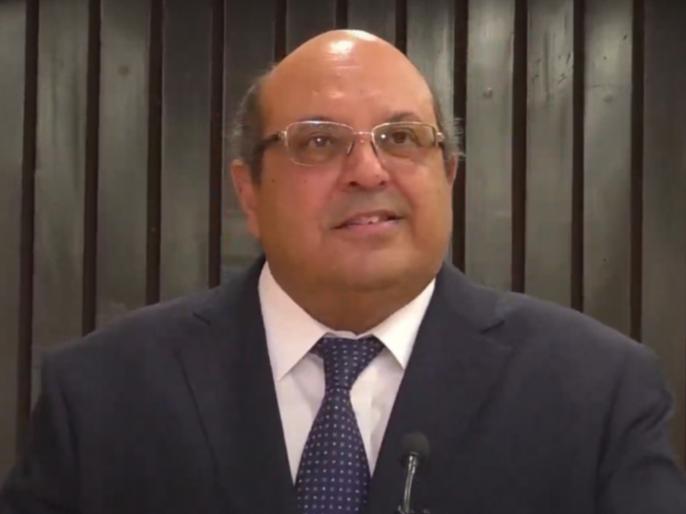The Central Bureau of Investigation was recently directed by the Allahabad High Court to look into how seven banks approved several loans to a company even though they knew it had defaulted on previous debts. Judges Mahesh Chandra Tripathi and Prashant Kumar, who sit on the division bench, described it as a “shocking case of the clear connivance of unscrupulous businessmen and banks.”
The UP-based business Simbhaoli Sugars was “knowingly allowed” to embezzle nearly ₹1,300 crores in public funds, the court claimed. “In this case, the banks had advanced the petitioner company hundreds of crores of rupees despite knowing that they had already defaulted on loans from other banks and been declared non-performing assets. Nevertheless, the banks proceeded to approve loans totaling several hundred crores, and the entire loan amount was disbursed without adhering to the mandatory procedures that banks are required to follow before disbursing the loan,” the report noted.
The business had repeatedly “adopted the same modus operandi” with seven banks, the court continued. In addition to not providing sufficient security and, in a few instances, a personal guarantee provided by the promoters to several banks, the banks gave the loan facilities to them “without following the RBI guidelines to advance loans to the companies,” the Court concluded.
It continued by saying that the banks had “shockingly” failed to take any meaningful action to recoup the money, even after designating the company’s account as a non-performing asset. The State Bank of India, UCO Bank, ICICI Bank, Bank of India, Bank of Baroda, Oriental Bank of Commerce, and Punjab National Bank are the seven banks. When Simbhaoli Sugars petitioned the court to overturn SBI’s decision to reject its settlement offer, the court took note of the loans.
It was informed that the banks would owe approximately ₹900 crores in total—₹400 crores for interest and another ₹900 crores for principal. The Court stated that the banks were prepared to accept a haircut of between 70 and 75 percent of the entire amount owed and reach a settlement with the company of about ₹400 crore. Additionally, it was discovered that the corporation had not paid farmers their dues for sugarcane, and as of right now, ₹279 crores are still owed for the most recent crushing season. The Court noted that in addition to defrauding the banks, the petitioner had also tricked the cane growers by failing to pay them the required amount and by continuing to steal sugar cane from them.
The Court criticised the banks, stating that some of them had not even asked for the promoters’ personal guarantees. It further said that there was no bank control following the distribution. The Court also expressed doubts about the documentation the corporation provided to demonstrate its ability to repay debts, believing it to be either false or counterfeit. “Unless the bank is involved in and a part of the larger fraud of defrauding public money, we cannot presume that they are naive enough to fall for the documents provided by the petitioner and, without carefully reviewing the same, sanction a huge amount,” the reasoning went.
The Court observed that there was no “recital or whisper in this regard in any of the affidavits filed by the banks,” despite the need that banks report fraud cases totaling more than ₹5 crores to the CBI’s “Banking Security and Fraud Cell.” In light of this, the Court ordered the CBI to look into how the loans were approved in defiance of RBI policies and circulars at every bank.
It specifically stated that inquiries would be conducted into the bank officials who granted the approval and those who failed to take meaningful action to retrieve the money. “The CBI may also refer the matter to the Enforcement Directorate and take help to recover the said amount in case they find that there is a case of money laundering in accordance with the provisions of the Prevention of Money Laundering Act, 2002,” the court directed. Additionally, it instructed the Simbhaoli Sugars to assist with the investigation and join it. The top court mandated that the authorities make an effort to track down the money trail, where it has been syphoned off and parked.






